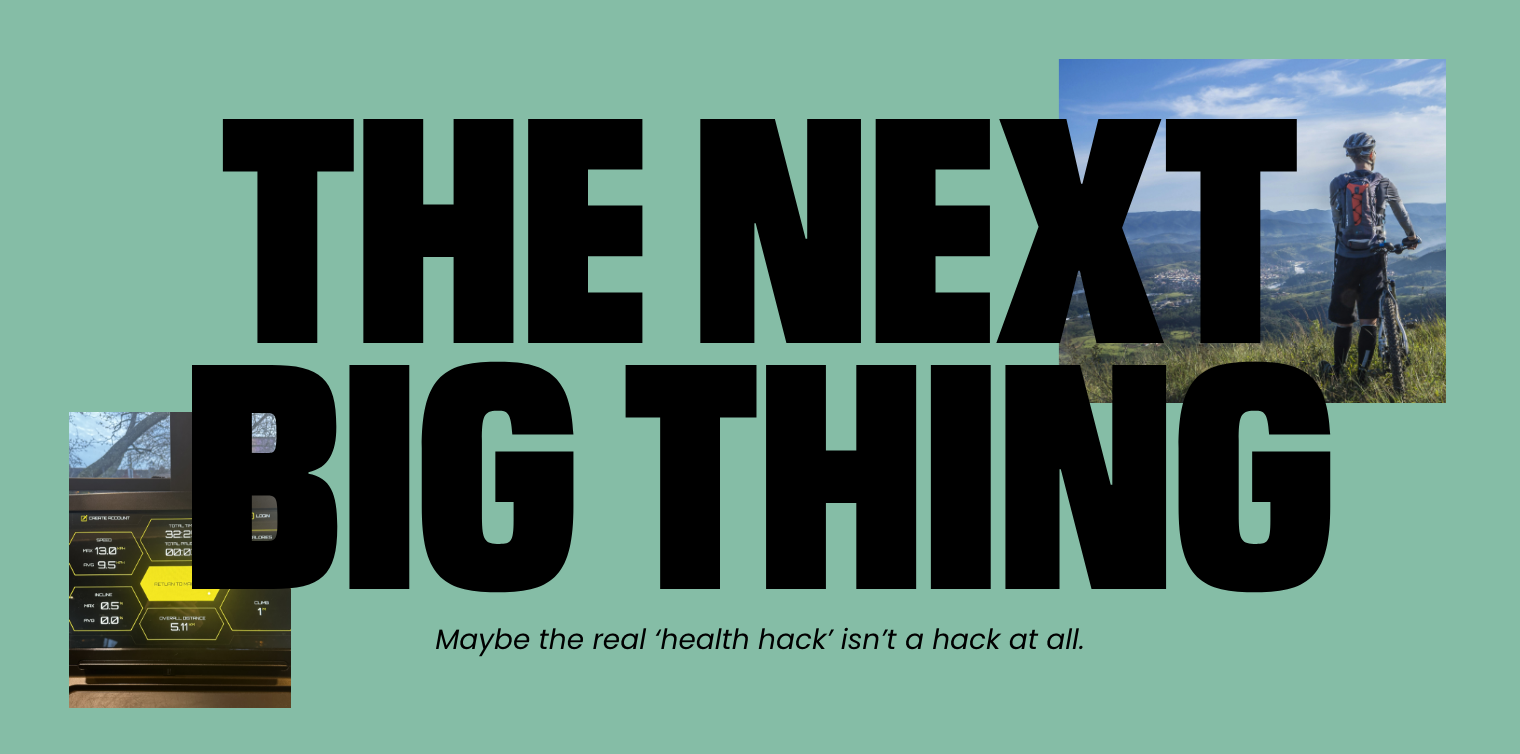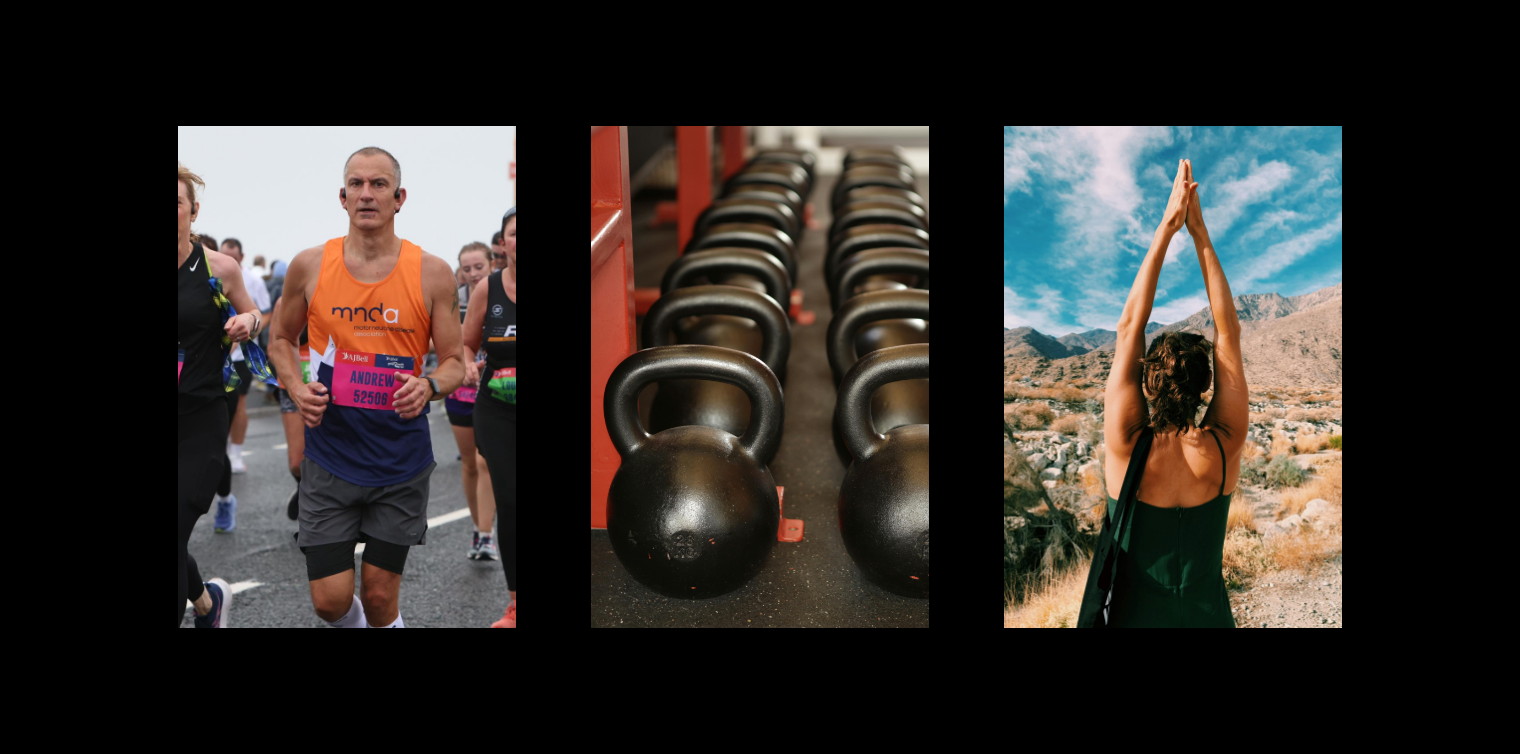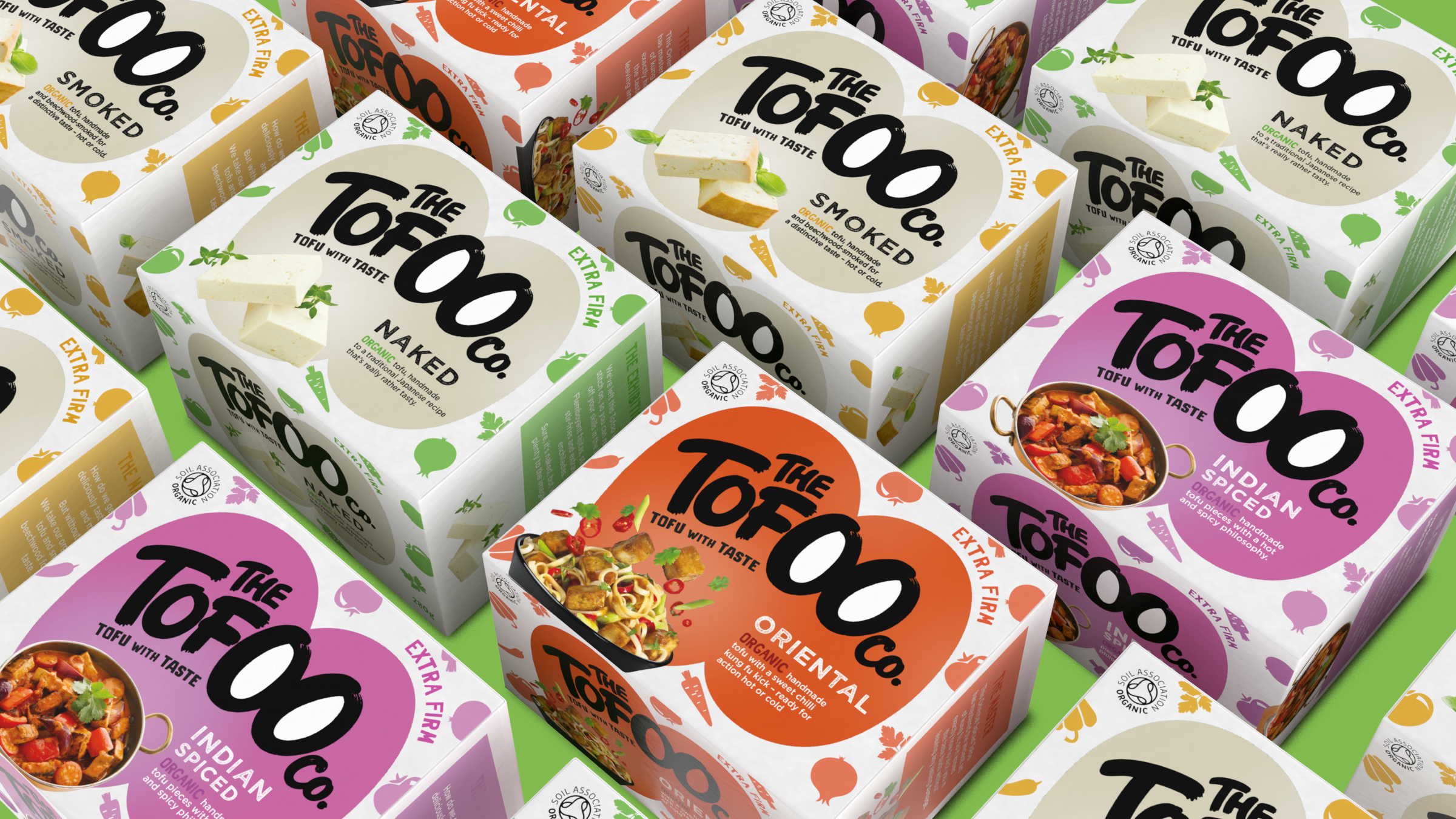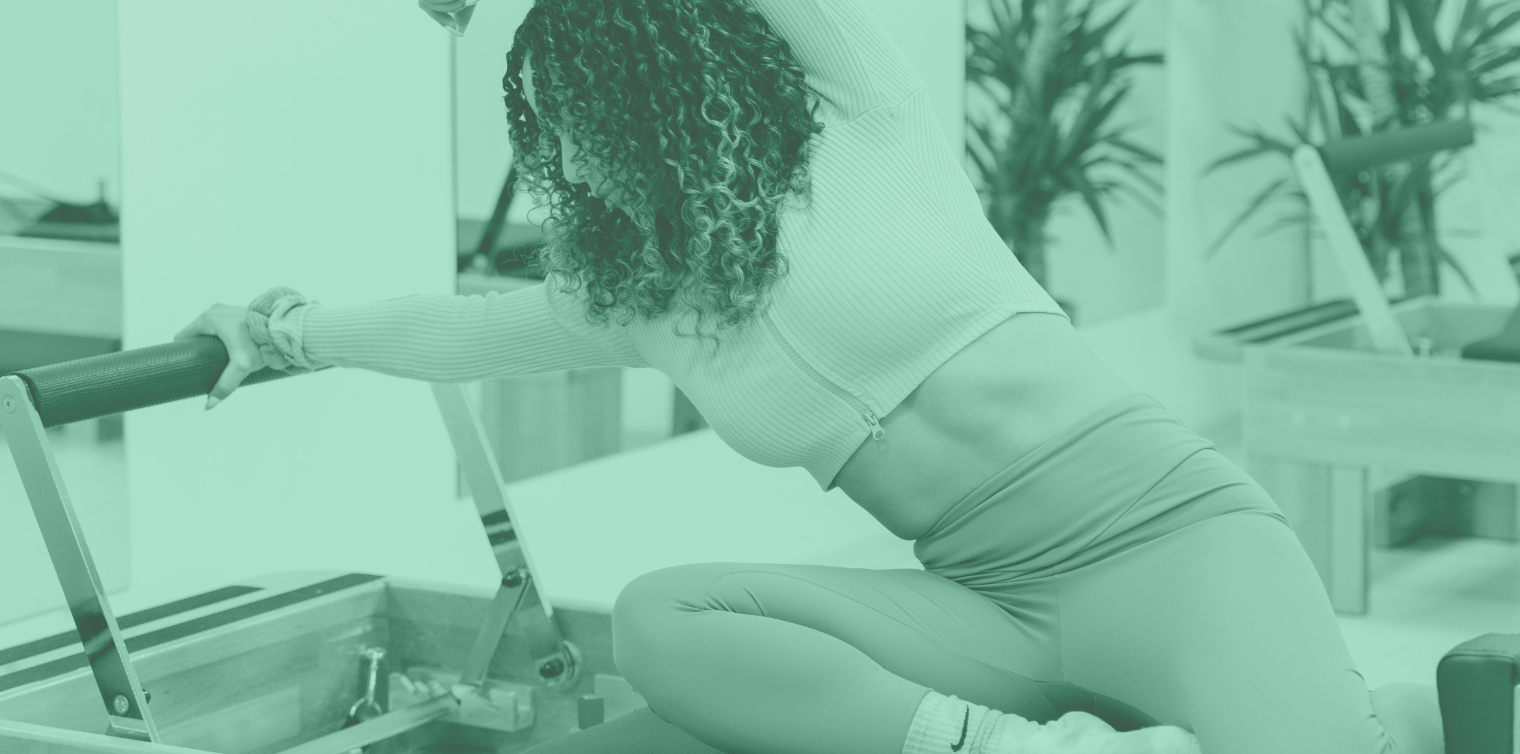Maybe the real ‘health hack’ isn’t a hack at all. After all the data, tech, and trends, is the best advice the one we’ve always known?
January. The coldest, darkest, most depressing month of the year. And yet, 15.5 million of us in 2025 decided to make it even harder by committing to Dry January. After a boozy festive period and a little less stretch in the gym joggers, we saw it as the perfect health hack to kickstart a ‘New Year, Healthier Me’ mentality.
Did it work? Sure, almost our entire agency spent January (sad and) sober. But did that stop us from celebrating with a big ‘knees up’ at the end of the month? Absolutely not. We’d earned it, right? Or maybe we’d just missed the point…
The global wellness economy is worth over $5.6 trillion, yet 50% of gym memberships are cancelled within six months. At the same time, gym use is nearly double pre-pandemic levels, driven largely by Gen Z. So why the contradiction? Do we give up when we don’t see instant results? Or is wellness less about wellbeing and more about social currency?
Whatever the reason for the yo-yo mentality, the bigger question is: are we truly invested in our health, or just caught in an endless cycle of fads, fixes, and expensive shortcuts? Wellness brands need to dig deeper—because to understand why our behaviour is inconsistent and contradictory is to understand the modern mindset navigating an overloaded, often counterintuitive industry.
Why are we so obsessed with health hacking?
Technology has transformed wellness, from wearable tech to meditation apps, making health information more accessible than ever. But it’s also created ‘wellness infobesity’ – an overload of conflicting advice, unrealistic standards, and a relentless cycle of new must-haves. Can we ever really switch off when wellness now lives in the same digital space that feeds our anxieties?
Do we know too much?
As health data becomes more granular, through apps, wearables, and genetic tests, privacy concerns are growing. With our personal health information constantly tracked, shared, and even sold, we’re more vulnerable than ever. Yet demand for hyper-personalised health insights continues to surge.
Take NEKO, the body scan “MOT” co-founded by Spotify’s Daniel Ek. With over 40,000 on the waiting list, it offers a full-body scan to detect potential health risks within minutes. In its first year, 14% of customers needed further medical attention for conditions they were previously unaware of. But what about the other 86%? Did they use the insight to improve their health, or just add more worries to their list?
Is wellness even about health anymore?
Health and wellness should be simple—eat well, move more, feel better. But it’s so much more complex than that. Is wellness about self-care or self-discipline? Is it a path to feeling good, or just another aesthetic ideal? Trends like ‘75 Hard’ push discipline over balance, while social media turns wellness into a performance. Yet, at the same time, inclusive movements in women’s sport and community-driven fitness clubs are shifting the focus from perfection to joy.
How long before the next big thing?
New health hacks go viral every day, and it’s impossible to keep up with them all. From weight loss injections to the magic of mushrooms, it can often feel like no matter how hard you try, how much you invest or how ‘on trend’ you try to be, you’re never doing enough.
Maybe the real ‘health hack’ isn’t a hack at all. It’s not about the latest challenge, the most advanced tracker, or the next big trend. It’s about getting back to basics—good sleep, hydration, movement, and tuning in to what actually makes us feel good. After all the data, tech, and trends, maybe the best advice is the one we’ve always known: trust your gut.
You don’t need a brief to start a conversation.
getintouch@stormbrands.co





